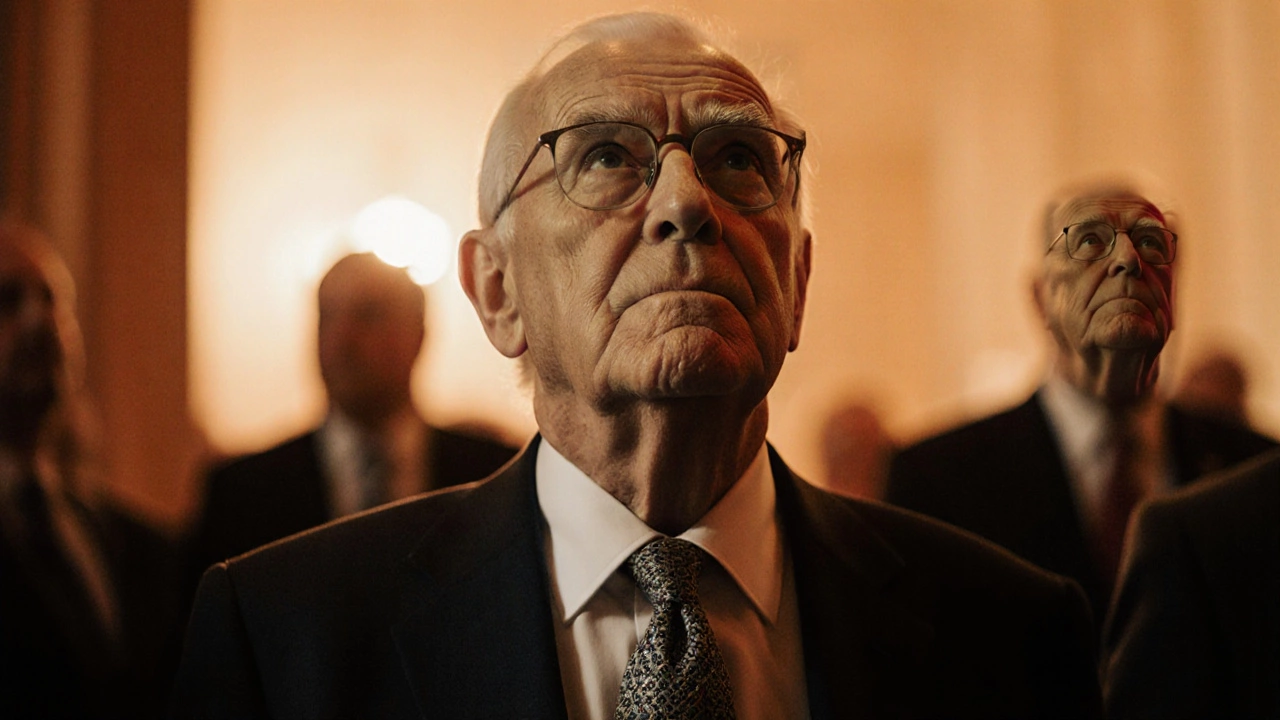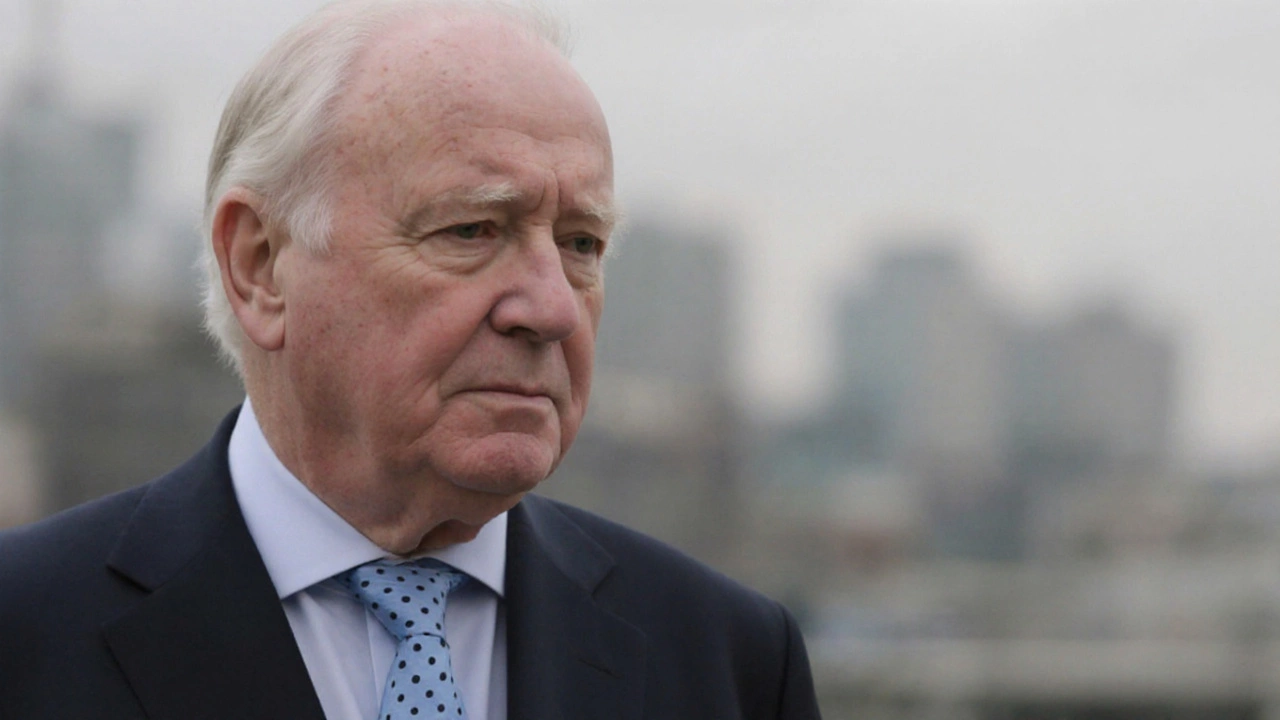The news that Menzies Campbell has passed away hit the political and sporting worlds at once. At 84, the former Liberal Democrat leader and Olympic sprinter left behind a legacy that bridges two very different arenas – the fast lane of athletics and the often‑slow grind of Westminster.
From Track to Parliament
Born on May 22, 1941, in Glasgow, Campbell’s early years were defined by a fierce love of speed. By the time he was a teenager, he was already sprinting faster than most adults, a talent that earned him a place on Great Britain’s team for the 1964 Tokyo Olympics. Though he didn’t medal, his presence on the world stage earned him the nickname “The Flying Scotsman.”
- 1964 – Competed in the 100 m at the Tokyo Olympics.
- 1967 – Set the UK 100 m record (10.2 seconds), a mark that stood until 1974.
- 1970 – Won the Commonwealth Games bronze in the 100 m.
- 1972 – Retired from competitive sprinting to pursue law and politics.
His athletic reputation opened doors in politics, where a reputation for determination and discipline can be just as valuable as policy chops. After studying law at the University of Glasgow, Campbell entered the political arena, first as a parliamentary candidate, then as the MP for North East Fife in 1987. He would hold that seat for 28 years, a tenure that saw the constituency evolve from a rural stronghold to a key battleground in Scottish politics.

A Leadership Tenure Marked by Challenges
Campbell’s ascent to the top of the Liberal Democrats came after years of steady, behind‑the‑scenes work. When Charles Kennedy stepped down in 2006, Campbell, then a seasoned MP and former cabinet minister under the coalition, was elected unopposed as party leader. His time at the helm was short but eventful.
He inherited a party still reeling from the 2005 general election loss and faced a media narrative that fixated on his age. Critics argued that a leader in his mid‑60s could not connect with younger voters, while supporters, including future leader Nick Clegg, accused the press of “barely disguised ageism.” The controversy boiled over in 2007, when internal polls suggested the party’s fortunes were slipping. On October 15, 2007, Campbell announced his resignation, becoming the first elected Liberal Democrat leader to step down without ever leading the party into a general election.
- 2006 – Elected Liberal Democrat leader.
- 2007 – Resigned amid internal pressures and media scrutiny.
- 2009 – Served as party’s chief spokesperson on foreign affairs.
- 2015 – Retired from Parliament after 28 years.
Despite the turbulence, Campbell’s contributions were far from negligible. He championed human rights, pushed for constitutional reform, and remained a vocal advocate for a Europe‑wide approach to climate change. His post‑leadership years saw him take on ambassadorial roles for various charities, including Age Concern, which had earlier defended him against age‑related attacks.
When Liberal Democrat leader Ed Davey learned of Campbell’s death, he summed up the man’s impact in a single line: “a dedicated public servant and a true Liberal giant.” That tribute captures the duality of a career that was as much about breaking records on the track as it was about breaking political ground in Westminster.
Campbell’s story reminds us that public life can be a marathon, not a sprint. From the roar of Olympic crowds to the quiet corridors of Parliament, his journey shows how determination, humility, and a dash of Scottish grit can leave an enduring mark on two very different stages.

 Motorsports and Racing
Motorsports and Racing